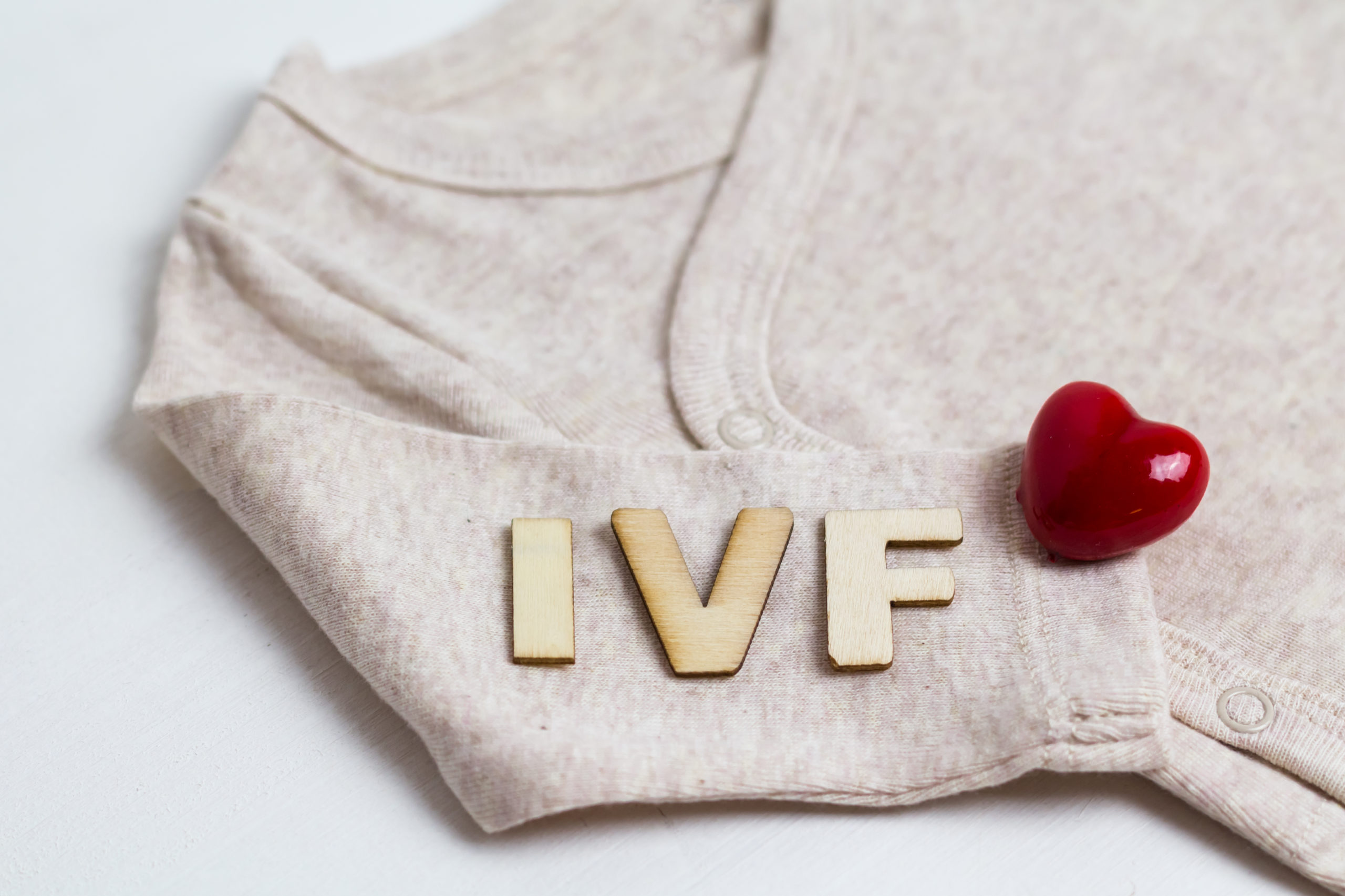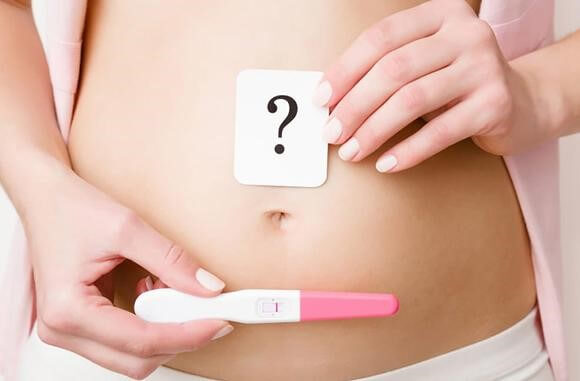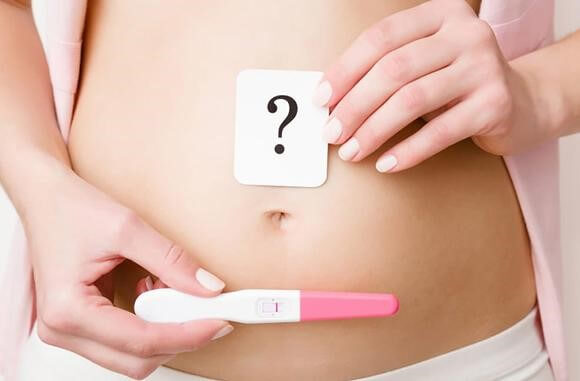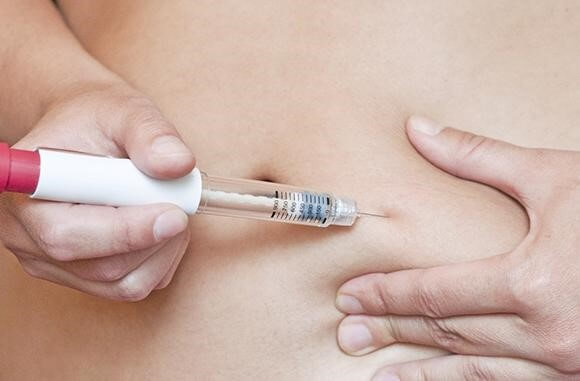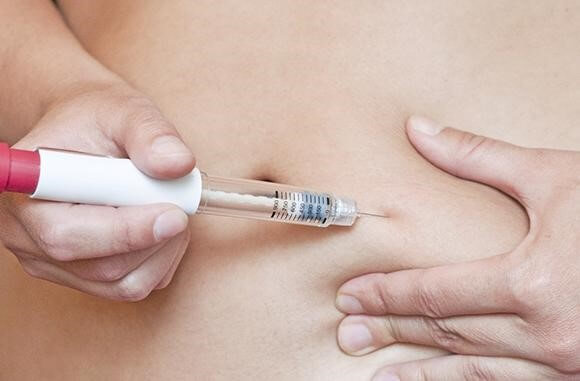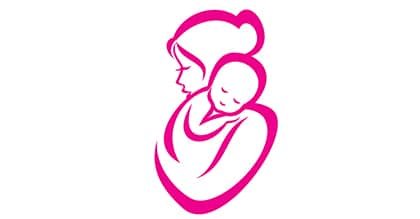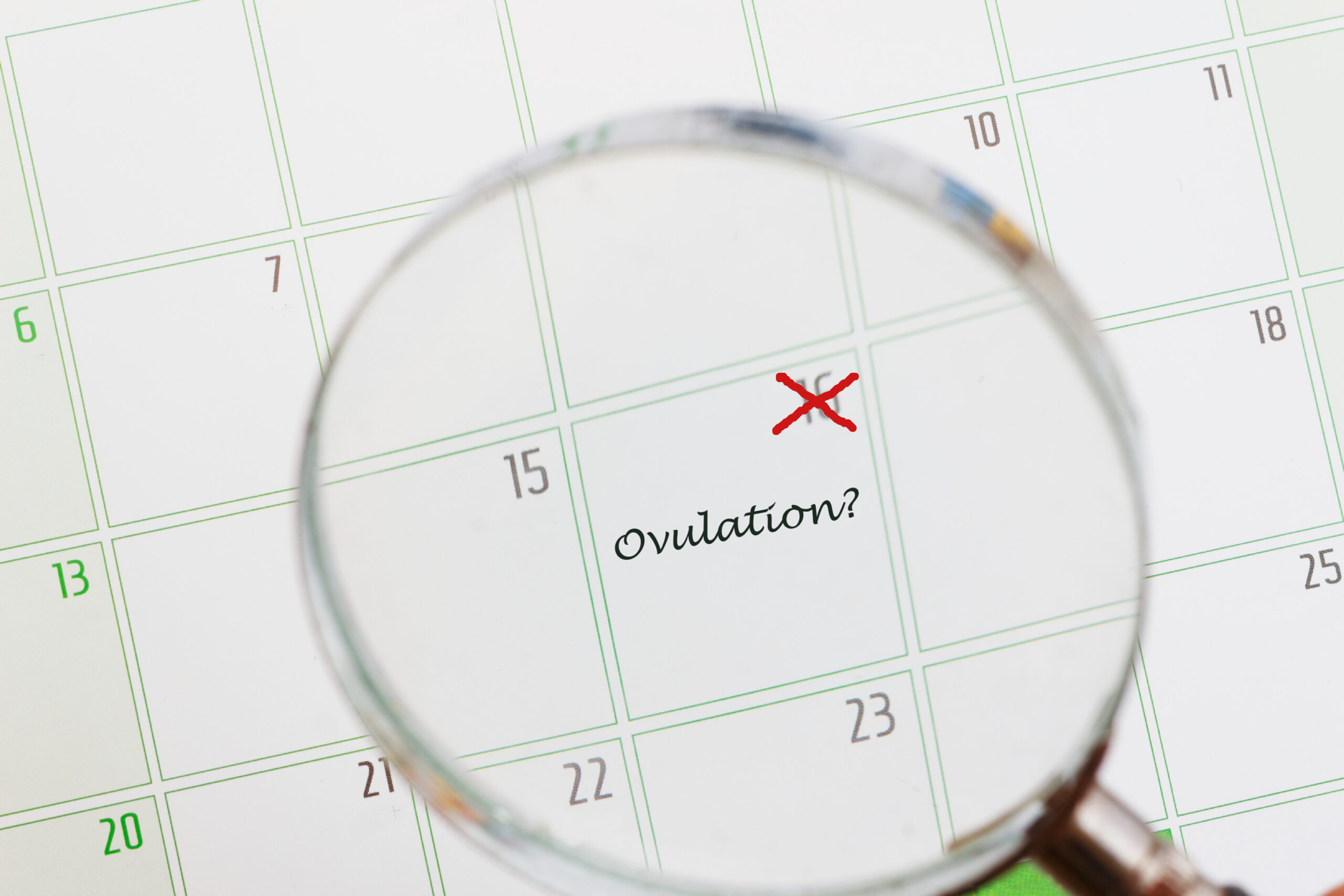
What is IVF?
In Vitro Fertilization (IVF) is a process involving the combination of male sperm and female eggs in a special laboratory to generate an embryo(s). Various factors determine the success of IVF.
The factors may include:
- Usage of donor eggs/embryos
- Ovulatory dysfunction
- Dual infertility factors
- History of previous pregnancies or recurrent miscarriage
- Age factor
- Type of infertility (Fertility problem)
- Duration of fertility issues
is IVF treatment?
An IVF cycle typically consists of the steps given below:
- Medications to facilitate the growth of multiple eggs
- Retrieval of egg(s) from the ovaries
- Insemination of eggs using the sperm
- Culture of the resultant embryos
- Transfer of single or multiple embryos in the uterus
- Usage of hormones to nourish the uterine lining to facilitate healthy pregnancy
What is the IVF process? How is IVF done??
In Vitro Fertilization (IVF) or IVF treatment involves four main stages. IVF technology is a technology employed to help infertile women achieve fertility.?
- The first stage includes the woman taking injections towards the stimulation of her ovaries. The ovaries produce follicles. These follicles are the cysts in the ovaries filled with fluid. These fluid-filled cysts contain the egg.
- Subsequently, a procedure carried out under anaesthesia removes eggs from the ovaries under the guidance of an ultrasound.
- The next stage involves fertilization of the egg and sperm in the laboratory under a controlled environment.
- The embryos (Fertilized eggs) are subsequently transferred into the woman’s uterus to induce pregnancy.
What are the types of infertility issues IVF can treat?
A. Unexplained infertility
B. Poor or unhealthy quality of eggs
C. Low sperm count
D. Low motility of sperm
E. Problems with ovulation
F. Inability of sperm to pass through the cervical mucus or survive there
G. Issues with the uterus or fallopian tubes
H. Endometriosis

How does IVF work?
IVF shines out as one of the most popular forms of Assisted Reproductive Technology (ART). IVF functions by combining surgical procedures and medicines to facilitate the fertilization of an egg by the sperm. The fertilized egg subsequently implants in the uterus.?
What are the advantages of IVF?
IVF helps women with
A. Endometriosis:
Endometriosis involves the growth of some parts of the womb lining outside the womb. IVF offers relief from infertility caused by endometriosis.
B. PCOS:
Polycystic Ovary Syndrome (PCOS is a condition involving irregular menstrual cycles caused by hormonal imbalance. IVF helps women with PCOS to conceive even when ovulation induction fails to address infertility.
C. Unexplained Infertility:
1 in 6 couples suffers from unexplained infertility issues nowadays. The intervention of IVF may offer promise to couples grappling with unexplained infertility.
D. Premature ovarian failure:
Menopause and premature ovarian failure may complicate the outcomes of effective pregnancy. IVF intervention using donor eggs may bring relief to the couples.
E. Damaged Fallopian tubes:
Women with blocked or damaged fallopian tubes may grapple with infertility. IVF may help increase the chances of having a baby with their eggs.?
F. Male infertility:
Male infertility problems are growing lately due to various health issues. Natural conception may become a challenge for couples with male factor infertility. With the interventions using IVF, couples with male factor infertility may get some promise of conception.??
G.?Patients with a low ovarian reserve or older patients:
IVF helps raise the chances of conception in patients with advanced age. Women with a low ovarian reserve may struggle with conception. IVF technology assesses the overall possibility and helps older women and women with low ovarian reserve.?
What are the features of IVF?
IVF technology is in use for a long time with a safe track record:
IVF processes have advanced ever since the birth of Louise Brown, the first IVF baby. IVF went ahead to emerge as the IVF technology creating safer and successful options. Most effective IVF cycles promote the usage of fewer drugs to minimize any side effects like Ovarian Hyperstimulation Syndrome (OHSS).
IVF facilitates an easy diagnosis of the fertilization problems:
Unexplained infertility may pose threat to the couple’s marital bliss. Unexplained infertility may imply miscellaneous issues. The problems as such may not become evident until someone experiments on the fertility issues.
IVF allows effective usage of unutilized embryos:
Those who have embryos left for subsequent usage may allow others to use them to treat fertility issues. They may even save lives. These are the embryos that may facilitate various research projects. It may help other childless couples to attain parenthood.
Embryos may be used to study inherited diseases:
IVF with Preimplantation Genetic Diagnosis (PGD) allows a conception safe from genetic disorders. They may be Huntington’s Disease, Muscular Dystrophy and Cystic Fibrosis. IVF allows proper examination of inheritable diseases and techniques to help prevent such health concerns.

What determines the number of embryos being created or transferred?
Multiple factors are affecting the number of eggs to create or transfer. It may mainly depend on how many eggs are collected and maternal age. The rate of implantation may go on to diminish with the women ageing. It may facilitate the implantation of more eggs if a lady is older. More number of eggs transferred may lead to multiple pregnancies. It’s important to discuss with your IVF expert the number of embryos to implant.
Are there any precautions before IVF?
Yes. IVF doesn’t just intend to help you achieve pregnancy but a healthy pregnancy. Your obstetrician or IVF expert may ask you to change your lifestyle.
Diet:
You may have to change your diet. A few species of fish containing Mercury may affect the foetal nervous system. Shortly before, during and even after IVF, you may have to stay away from some fish species. They may be King Mackerel, Tilefish, Canned Tuna Fish, Shark and Swordfish. You may have to avoid a few other fish species as your IVF expert guides you. Your IVF expert may study your medical history and help you round off a proper dietary regimen.
Drugs:
Drugs are just meant to be avoided as the efforts towards conception are about to start. Recreational drugs may interfere with the ability to conceive or to carry the pregnancy to term. Some drugs like Marijuana may decrease sperm concentration and hinder the production of Testosterone.
Caffeine:
The correlation between caffeine and its effects on fertility is under analysis. Caffeine may be linked to a decrease in the chances of conception. The cause-and-effect relationship between caffeine intake and conception is still to be confirmed. But studies show that women should limit the caffeine intake as they start trying for pregnancy.
Smoking:
We are precisely aware of how smoking affects our health and the environment around us. Smoke in every form may be linked to an increase in the risk of complications. Men and women who smoke may lose their reproductive health. Studies have shown the harmful effects of smoking on foetal health in multiple ways. Parental dependence on tobacco in pregnancy and after pregnancy may raise the risk of paediatric cancers in kids.
Alcohol:
We know how alcohol interferes with our overall health. It affects our physical and mental health. Alcohol intake can lead to poor reproductive health. Your obstetrician may advise you to avoid alcohol. Alcohol in pregnancy may create irreversible dangers.
Medication use:
Non-fertility medications should be avoided as you start preparing for an IVF cycle. Your General physician deserves to know about your IVF cycle. You should start avoiding medications like Aspirin and those resembling Aspirin. Certain medications interfere with ovulation.
How much does IVF treatment cost?
Motherhood has a dedicated team that oversees standard IVF protocols and helps couple achieve parenthood at reasonable rates.?


 Toll Free Number
Toll Free Number







